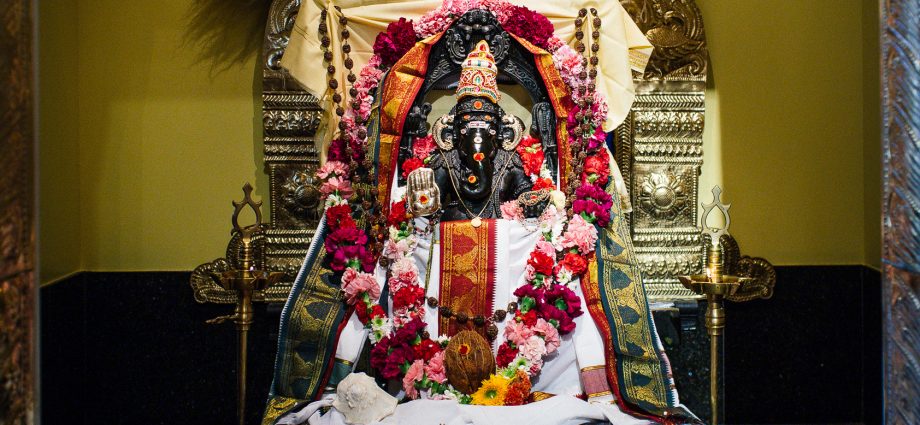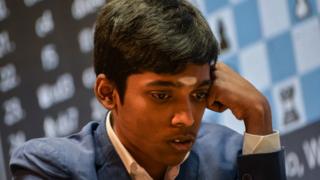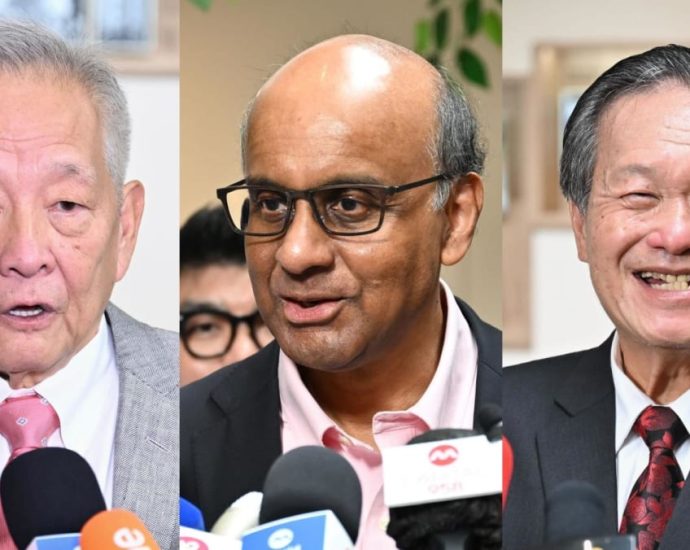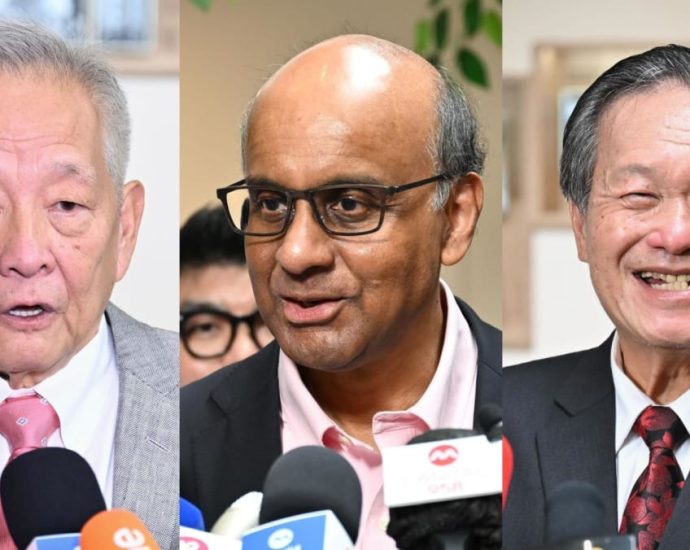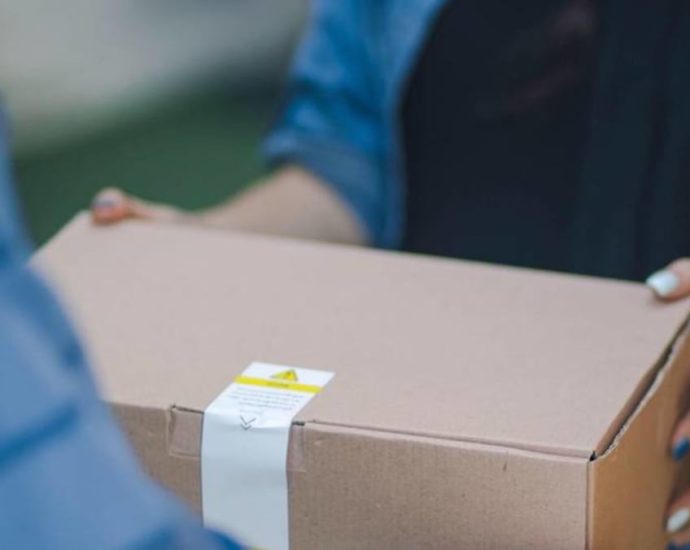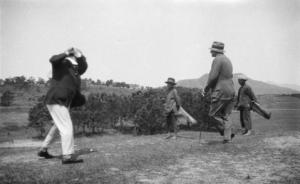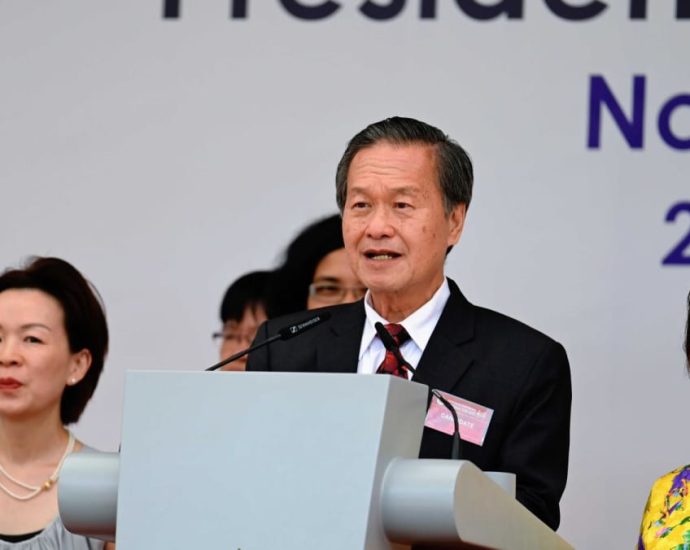A 100-day checklist for the new Cambodian prime minister to turn human wrongs into human right
On 23 July, the ruling Cambodian People’s Party (CPP) secured 96% of National Assembly seats in a landslide electoral victory, further cementing its grip on power ahead of a planned transfer of the premiership from Hun Sen to his son, Hun Manet.
These results hardly came as a surprise. They were made possible by the systematic crackdown on opposition groups, independent journalists, and fundamental freedoms the Royal Government of Cambodia (RGC) has been conducting since 2017. Unsurprisingly, a chorus of international voices dubbed the election as “neither free nor fair,” only for the RGC to brush this criticism aside. Most notably, seven UN Special Rapporteurs called the polls “very unbalanced,” stating that “repressive practices” had seriously undermined human rights and the promise of liberal democracy.
There is no denying that Cambodia has been a de facto one-party state since 2018, which saw the CPP win every single National Assembly seat. This followed the dissolution of the main opposition Cambodia National Rescue Party (CNRP) just months after it secured nearly 44% of the vote in the 2017 commune elections. CNRP figures were later handed lengthy prison sentences in mass trials that raised serious due process and impartiality concerns.
History tends to repeat itself, and it certainly did in 2023: the opposition Candlelight Party (CP), the only formation that posed a credible threat, was barred from contesting. Several CP activists were assaulted in broad daylight, others were arrested and charged with vaguely worded offences. Restrictions on the rights to freedom of expression and access to information were further tightened to silence dissenting narratives. In other words, the outcome was never in doubt.
Respect for human rights took a backseat as the country grew more and more authoritarian. Over the years, the Cambodian parliament rubber-stamped a series of legal provisions to introduce severe restrictions on fundamental freedoms and ramp up online restrictions. These were adopted with little to no public debate, illustrating a disregard for democratic checks and balances. The RGC also shut down or brought independent media under control to prevent unfavorable reporting, and targeted dissenting voices using intimidation tactics, judicial harassment, threats, and violence. These systematic actions, which show no sign of abating, have hindered political plurality, led to the disenfranchisement of a huge portion of the Cambodian population, and deterred citizens from exercising their freedoms.
The total absence of democratic oversight allowed endemic corruption and clientelism to flourish. Policy decisions gradually became mere tools to serve the ruling elite and their economic interests. This contributed to the persistence of severe social inequalities, limited protections for workers, land grabs, and the unchecked exploitation of natural resources. In a context of restricted civil society space, the lack of political representation of workers and communities faced with rights violations makes it extremely difficult for them to access redress mechanisms, or merely advocate for fairer policies. Human rights defenders, unions, and land activists are routinely treated as enemies of the state; and the threat of prison is real.
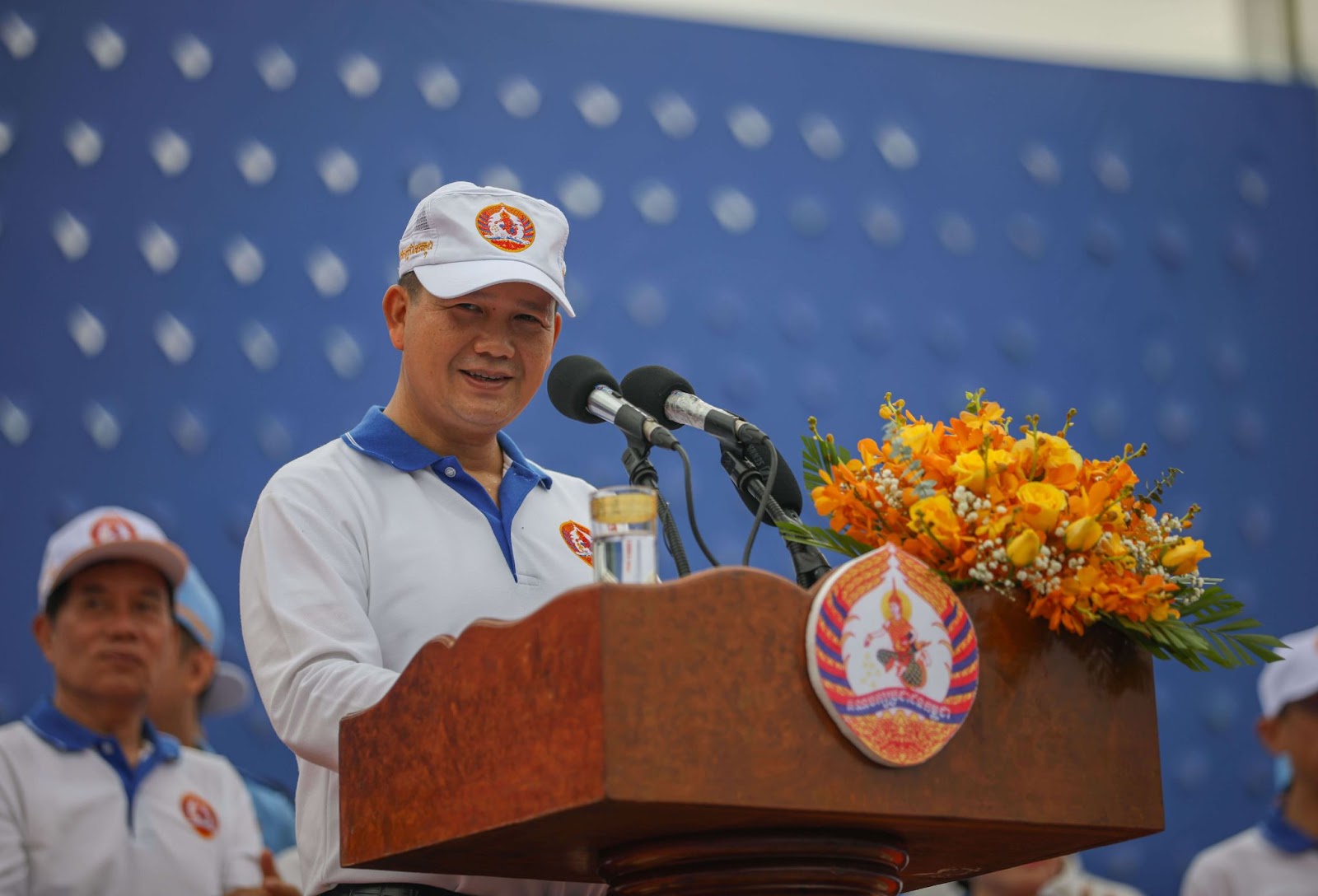
As he takes the reins as prime minister, Hun Manet is standing at a crossroads. He can opt for the status quo and embrace the strongman politics that led to the current human rights crisis, or he can preside over a shift towards more inclusive forms of governance based on respect for fundamental freedoms, political pluralism, and social justice. If Hun Manet ambitions to comply with Cambodia’s international obligations and the spirit of its constitution, he will have no choice but to choose the second path. In this regard, the first 100 days of his tenure will be placed under particular scrutiny. Below are a series of urgent issues his government should address if it wants to show a genuine willingness to improve the country’s human rights situation.
Release political prisoners and detained human rights defenders
On 12 July, the UN Working Group on Arbitrary Detention stated that human rights activist Seng Theary, who is currently serving a six-year prison sentence for conspiracy to commit treason, had been “arbitrarily detained” due to “her long-term, high-profile criticism of the prime minister and her pro-democracy activism.”
She is far from being the only one. According to the Cambodian League for the Promotion and Defense of Human Rights (LICADHO), there are currently 53 “prisoners of interest” in the Kingdom. Among them are 25 opposition figures, including 12 CP officials and former CNRP president Kem Sokha, who in March was handed a 27-year treason sentence following a “politically motivated” trial “fraught with irregularities.”
Every single day they spend in prison is another failure by Cambodia to meet its international obligations. The new government must put an end to the practice of viewing political opponents and human rights defenders as threats to be neutralised, and take the necessary steps to release all those arbitrarily arrested and wrongfully convicted for exercising their rights and freedoms. In the spirit of political reconciliation, it should also declare an amnesty for the politicians in exile who wish to return to Cambodia.
Restore banned media outlets and free detained journalists
Since 2017, systematic censorship and restrictive laws have decimated what used to be a vibrant media landscape, and this trend shows no sign of reversing. Earlier this year, the RGC shut down Voice of Democracy, one of Cambodia’s last remaining independent media outlets over a story alleging that Hun Manet had signed an official document in lieu of his father. It also revoked the licenses of three Khmer language online media outlets that reported on the involvement of a government official in a land fraud case; and blocked access to the websites and social media accounts of Cambodia Daily, Radio Free Asia (RFA) and Kamnotra just days before this year’s general election.
At the very least, the new government should release the three journalists that are currently detained in Cambodia because of their reporting, reinstate the outlets that were shut down this year, and lift any restrictions preventing the public from accessing news sites. Once these preliminary steps have been taken, it should conduct consultations with relevant stakeholders on how to create a protective environment for journalists and undertake genuine efforts to promote press freedom.
Side with victims in labour disputes and land grabs
Among Cambodia’s “prisoners of interest” are also union leader Chhim Sithar and 27 land activists. Their crimes? Exercising their fundamental freedoms to demand fair solutions to labour disputes and land conflicts. As the president of the Labor Rights Supported Union of Khmer Employees of NagaWorld (LRSU), Chhim Sithar has been at the forefront of a non-violent strike to demand the reinstatement of dismissed NagaWorld employees since December 2021. Authorities responded by subjecting strikers to violence on numerous occasions, before ultimately slapping Sithar and eight other LRSU members with incitement sentences in May. No settlement was ever reached.
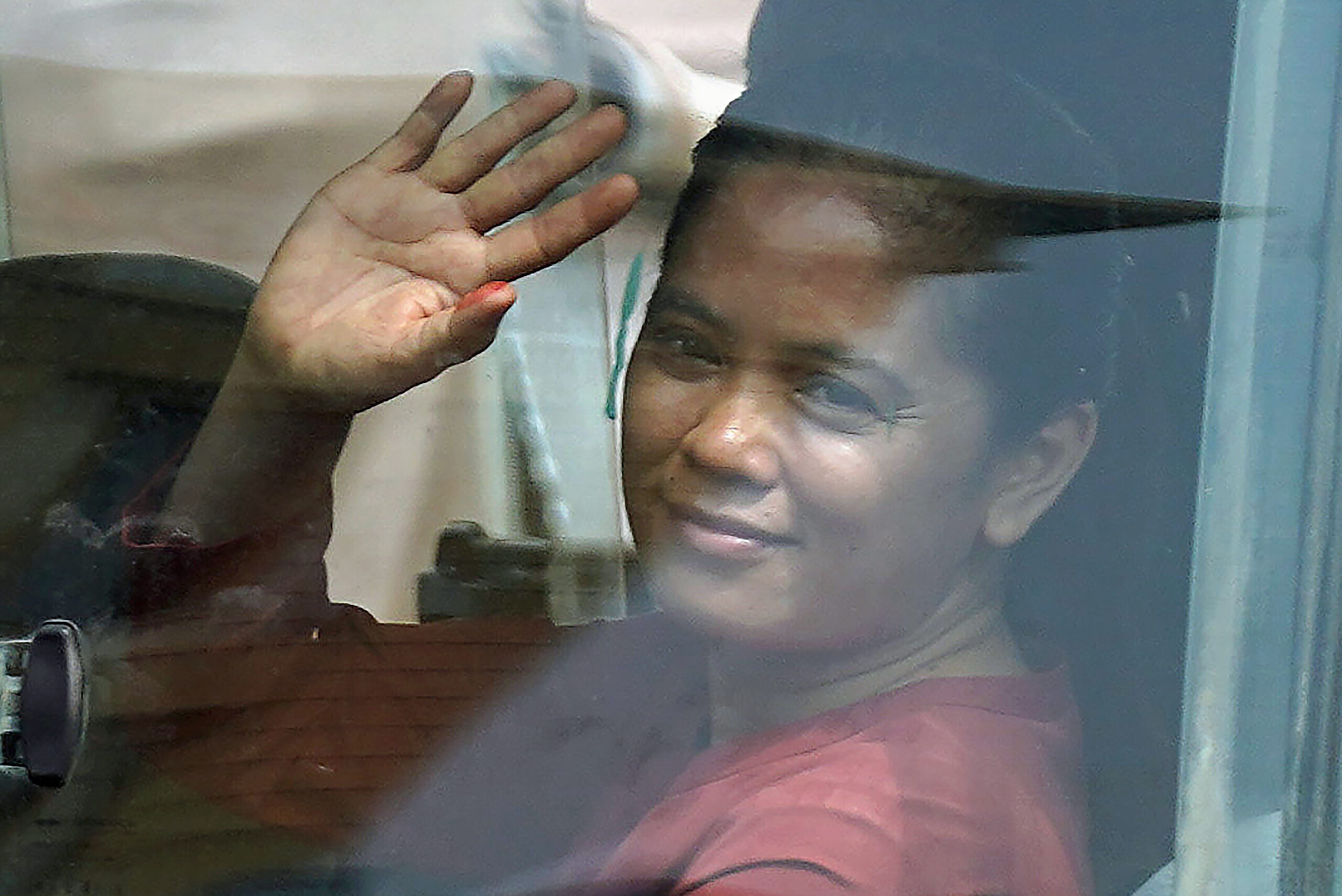
The same treatment is routinely applied to land activists. On 15 August, the Koh Kong Provincial Court sentenced 10 of them to one year in prison in connection to a land dispute involving a high-profile tycoon. All were arrested as they were trying to travel to Phnom Penh to petition the Ministry of Justice.
This is but one example among many. Instead of addressing the root causes of land grabs, such as the lack of formal land titles, poorly enforced legislation, and endemic corruption, authorities have consistently sided with developers and targeted the communities affected. In doing so, they confirmed that they see any attempt at exercising one’s fundamental freedoms as a threat that needs to be quashed.
If it wants to work towards greater social justice, the new government must hold perpetrators of labour and land rights violations to account, not side with them.
Stop granting economic land concessions and offer fair compensation to the communities affected by development projects
Last November, the RGC adopted a sub-decree making over 930,000 hectares of public land inside protected conservation areas eligible for privatisation. The move raised serious concerns, as it followed the awarding of a new Economic Land Concession (ELC) to a South Korean company in March 2022; the first in nearly a decade. Almost 400 families could be impacted by the concession. Between the 1990s and 2014, the government granted over 200 ELCs covering more than two million hectares of land to private actors, leading to mass evictions and large-scale deforestation and rights abuses before a moratorium on new applications was introduced in 2012.
The previous administration also leaves behind a legacy of so-called development projects implemented with little to no regard for their impact on the environment or the local communities. Most notably, the RGC sold or gifted most of Boeung Tamok, Phnom Penh’s biggest natural lake, to politically connected individuals or government institutions over the last few years. It is now being filled in for real estate development, a process that could ultimately lead to the eviction of roughly 1,200 people. Other lakes around the capital have faced or are set to share the same fate, which will likely exacerbate flood intensity in the city. Similarly, the construction of a new airport in Kandal Province will soon result in the displacement of over 400 families. Evictees typically have no say and are often compensated inadequately.
The new government should therefore review all pending eviction cases to ensure that the people affected by development projects are offered fair compensation and strictly adhere to the 2012 moratorium on ELCs to protect the country’s natural resources and prevent other eviction crises. Unlike its predecessor, the new administration should take the necessary measures to make sure that development initiatives do not negatively impact the environment and the livelihoods of local communities. In other words, it must shift from economic policies serving the ruling elite and their interests to policies serving the greater good.
Convene the National Congress
The dissolution of the CNRP and disqualification of the CP from the 2023 general election have led to the disenfranchisement of a significant portion of the Cambodian population; effectively depriving them of political representation or a meaningful say in decision-making. Fortunately, articles 147 to 149 of the constitution enable all Khmer citizens to raise issues with and formulate requests to State authorities via an annual National Congress, which shall be convened by the prime minister and meet in early December. Despite the importance of this democratic participation tool, former Prime Minister Hun Sen never convened it, and even argued that “holding it could cause turmoil in the system.” The new prime minister should break with this approach and clearly announce his intention to convene a National Congress in 2023. It is time for the RGC to abide by the constitution and give back their voice to the people.
The preamble of the Cambodian constitution envisions the Kingdom as an “Island of Peace,” based on a multi-party liberal democratic regime that guarantees human rights and the rule of law. Whether the country can live up to these ambitious expectations is now in the hands of the new prime minister. Cambodia is watching.
Chak Sopheap is the executive director of the Cambodian Center for Human Rights and a peace studies graduate of the International University of Japan.
South Korea sees no scientific problem with Fukushima water release plan
SEOUL: South Korea said on Tuesday (Aug 22) it sees no problem with the scientific or technical aspects of Japan’s plan to release water from the wrecked Fukushima nuclear power plant but it does not necessarily support the plan. Japan said on Tuesday it will start releasing more than 1Continue Reading
R Praggnanandhaa: India chess prodigy takes on Magnus Carlsen in World Cup final
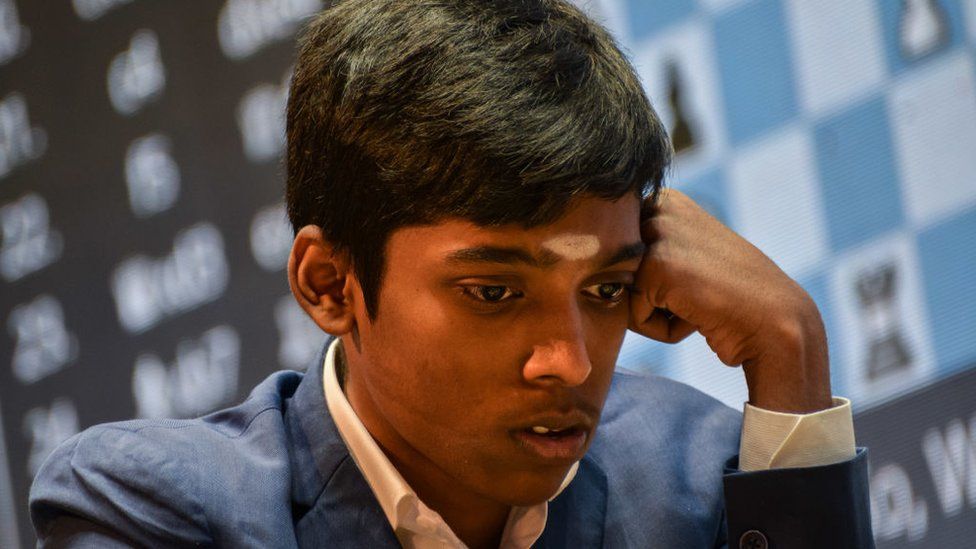 Getty Images
Getty ImagesIndian chess fans are delighted as the country’s R Praggnanandhaa is set to take on No. 1 ranked Magnus Carlsen in the World Cup final.
Praggnanandhaa, 18, had defeated World No. 3 Fabiano Caruana in a tie-breaker on Monday to advance to the finals.
Carlsen had reached the final over the weekend after defeating Nijat Abasov.
This is the first time that Carlsen, 32, will play in the final of the World Cup, held by the International Chess Federation (FIDE).
The final match will begin on Tuesday at Baku, the capital of Azerbaijan.
Praggnanandhaa, who turned 18 earlier this month, is the youngest to play in the World Cup final.
The teenager has also become the third-youngest person in the world to qualify for the Candidates Tournament, which will be held next year to determine the challenger for the world champion title. Both Carlsen and US chess genius Bobby Fischer had qualified for the tournament when they were 16 years old.
Praggnanandhaa – popularly known as Pragg – is one of India’s most promising chess players.
He was just 10 years old when he became the youngest International Master in the history of the game. Two years later, in 2018, he became the world’s then second-youngest chess grandmaster.
Last year, he defeated Carlsen at the Airthings Masters, an online rapid tournament, becoming only the third Indian to defeat the Norwegian grandmaster.
He’s also the first Indian since chess legend Vishwanathan Anand to make it to the final of the FIDE World Cup.
On Tuesday, Anand led the celebrations after Praggnanandhaa’s victory with a post on X, saying “What a performance!”
Former World champions Susan Polgar and Garry Kasparov also congratulated the teenager on social media.
Reacting to his win on Monday, Praggnanandhaa said that he hadn’t expected to play against Carlsen in the tournament because “the only way I could play him was in the final, and I didn’t expect to be in the final”.
“I will just try to give my best and see how it goes,” he said.
BBC News India is now on YouTube. Click here to subscribe and watch our documentaries, explainers and features.

Read more India stories from the BBC:

-
-
25 February 2022
-
-
-
18 May 2012
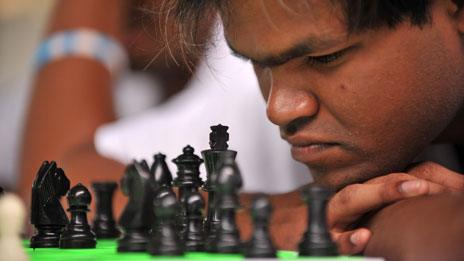
-
PE 2023: Ng Kok Song, Tharman Shanmugaratnam and Tan Kin Lian confirmed as candidates for the Presidential Election
One of these supporters was Mr Imran Khan, 50, flight attendant with Singapore Airlines, who told TODAY that he and his colleague came to show their support for Mr Tharman. “He’s overqualified and it’s about time (he got) this position,” he said, adding that Mr Tharman is the best fitContinue Reading
Ng Kok Song, Tharman Shanmugaratnam and Tan Kin Lian confirmed as candidates for the Presidential Election
One of these supporters was Mr Imran Khan, 50, flight attendant with Singapore Airlines, who told TODAY that he and his colleague came to show their support for Mr Tharman. “He’s overqualified and it’s about time (he got) this position,” he said, adding that Mr Tharman is the best fitContinue Reading
Former Ninja Van deliveryman tricked customers into paying him money for parcels, gets jail
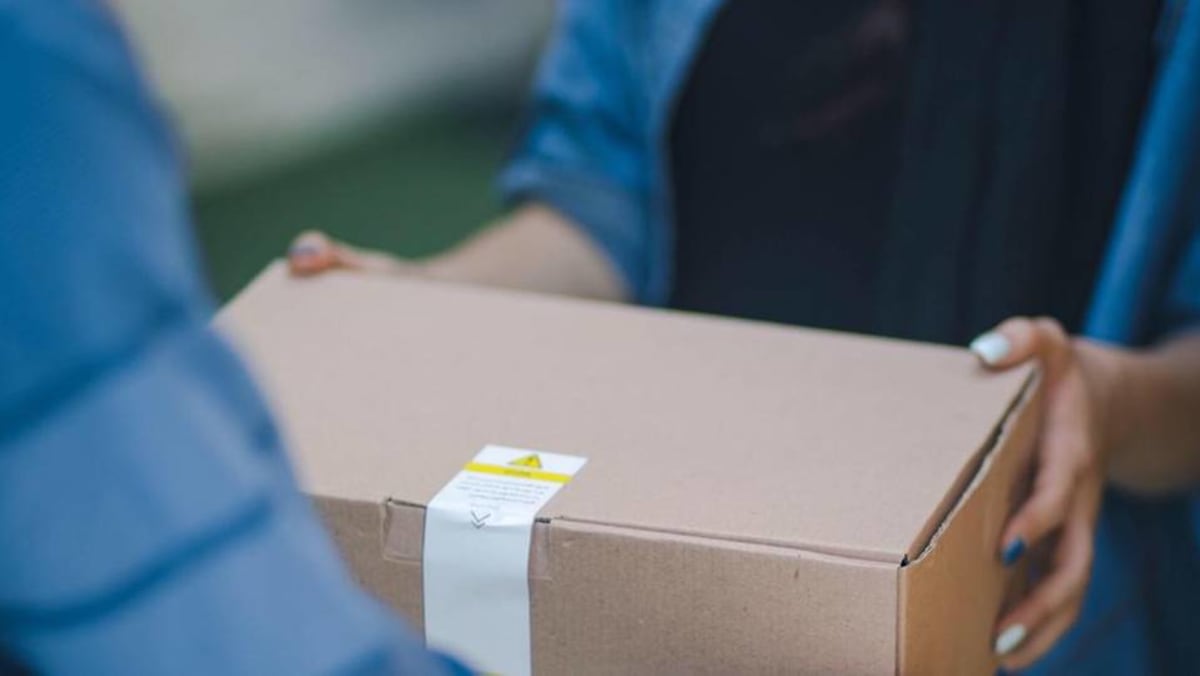
SINGAPORE: Even though he no longer worked for Ninja Van, a former deliveryman logged into the courier firm’s database using his old details to retrieve customer information.
He then tricked customers into transferring him money via PayNow, using ruses like telling them that they need to make certain payments before he could deliver their parcels.
He even wrapped some of his own personal items and delivered them to a customer, demanding a fee for the rejection of the parcel when she said the items were incorrect.
Muhammad Syafiq Jasni, 28, was sentenced to 14 weeks’ jail on Tuesday (Aug 22) for his crimes. He pleaded guilty to three charges of cheating and accessing a computer system to commit cheating, with another seven charges taken into consideration.
The court heard that Syafiq first misappropriated S$1,184.60 that he had collected from customers while he was delivering parcels in April 2020 as an employee of Parcelogix.
He used the money to pay off debts he owed to loan sharks, banks and friends. He had borrowed money from them for his personal expenses, court documents stated.
Syafiq’s family made full restitution on his behalf, and he was given a 12-month conditional warning in May 2020.
However, Syafiq was undeterred.
In August 2020, he approached a 39-year-old woman he knew from his previous job with Ninja Van, as he had made deliveries to her house.
He lied to the woman that he had an outstanding bank loan of S$5,000 and needed money for his personal expenses as he did not have enough money in his bank account.
He told the woman that he would first transfer money from his bank account to hers, and she could then transfer the same amount to his PayLah account.
He lied to her that he did not know how to transfer money from his bank account to his PayLah account.
Syafiq showed the woman notifications stating that he had transferred money to her bank account, but did not show her the follow-up notifications that the transactions were rejected, since he did not have enough money in his account.
In this manner, he tricked the woman into transferring a total of S$2,300 to him between Aug 18 and Aug 20 in 2020.
USED OLD LOGIN TO ACCESS NINJA VAN DATABASE
Syafiq then expanded his cheating methods by logging into the Ninja Van database using the login identification and password details previously given to him when he was a deliveryman for the firm.
He obtained the delivery order details of a 29-year-old woman, whose order was to be paid using cash on delivery.
He then sent WhatsApp messages to her, saying he was the assigned deliveryman for her parcels. He sent her a copy of her invoice, causing her to believe him.
He asked her to transfer him S$320 in total for the delivery of the two parcels via PayNow, which she did.
The next day, Syafiq wrapped some of his personal items and delivered them to the woman. However, after he left, the woman realised that the items were incorrect.
She said she wanted a refund and got her boyfriend to liaise with Syafiq. Syafiq deceived the man into believing that there was a S$100 fee for the rejection of a delivered parcel.
He told the man that he would split the rejection fee equally with him, and the man sent him S$50 via PayNow. Syafiq then said he would return to collect the parcel, but he did not.
The woman later realised she had been cheated and lodged a police report.
Syafiq again accessed the Ninja Van database on Aug 27, 2020 and retrieved the delivery order details of a 50-year-old customer, who was to pay cash on delivery.
He did the same to this customer, sending her messages and claiming to be her deliveryman. He asked her to transfer him S$518 for parcel delivery, but the woman refused to give the full amount.
She said she would transfer only S$118 first and give the rest after receiving her parcel, and did so.
However, the woman later realised she had been cheated when she received a parcel delivery message from Ninja Van.
On Aug 29, 2020, Syafiq happened to go to the workplace of the 29-year-old victim for a massage.
The woman recognised Syafiq and noted down his particulars. She sent the information to the police, which led to the police identifying the man.
Syafiq has since made restitution to all the victims. The total amount involved across all charges was S$4,070.60.
The prosecutor called for a jail term ranging from two months and two weeks to three months and four weeks.
She said Syafiq had a “deliberate and sustained course of conduct”, with multiple victims involved and offences that were difficult to detect.
He also acted with a “high level of premeditation”, misusing his previous account even though he was no longer a deliveryman with Ninja Van.
The court allowed Syafiq to defer his jail term to September.
CNA has contacted Ninja Van for more information.
On a China-built train from Mombasa to Nairobi

Having spent the last five weeks in East Africa after a long hiatus, I sensed that Kenyans are more confident than at any time since achieving independence in 1963 of their ability to attract reliable partners as the country moves ahead in its quest for long-term economic growth. In this connection, the development of infrastructure has been a top priority for successive Kenyan governments.
Among Kenya’s potential international development partners are its traditional ones – the United Kingdom, the European Union, and the United States – and/or the newcomers – BRICS members Brazil, China, India, Russia and South Africa, among others.
In Nairobi and Mombasa, a sense of strategic autonomy is palpable.
If any of Kenya’s traditional development partners were to offer Nairobi a deal that is economically uncompetitive, vulnerable to extraterritorial sanctions or unacceptable for ideological reasons, or because it would offend the cultural sensibilities of the people, then Kenya would likely get up from the negotiating table and go elsewhere. It has options.
Across Africa, the picture is much the same.
What’s more, more and more African leaders recognize the predatory, velociraptor-like nature of neoliberal economic theory, which functions as a highly sophisticated wealth transfer mechanism disguised as the false god of perpetual progress and prosperity for all.
Africa’s new strategic autonomy is evidenced not only by the growing number of projects funded by non-Western sources but by increasing calls for more of the same across the continent.
Africans’ emerging ability to pick and choose their development partners is driving some Western leaders bonkers. Witness this remark uttered this month in Nigeria by UK Foreign Secretary James Cleverly: “We are living through an era when the tectonic plates of world politics are shifting decisively. And a battle of ideas is taking place once again. This time, its focus is on the nature and the future of the international order.”
These words are no mere “talking points.” They come from the gut and evince an undertone of something like panic.
Clean, comfortable and on time
These thoughts about Africa’s emerging strategic autonomy raced through my head as Kenya’s crack, Chinese-built Standard Gauge Railway sent me hurtling from Mombasa, East Africa’s largest port, to the bustling capital Nairobi. Coach class, with ingratiating, uniformed waiters beckoning from their food-laden trollies, surpassed Amtrak’s equivalent from Washington to New York.
The train was clean, comfortable, air-conditioned and on time.
In Nairobi, I spoke at length with several highly accomplished civil engineers with decades of professional experience in Kenya about the Nairobi-Mombasa express. They unequivocally stated that the China Road and Bridge Corporation, the principal Chinese contractor, had done a “very good job” from an engineering, planning, design, and construction perspective.
For its part, the Wilson Center recently noted: “The [Kenyan Standard Gauge Railway] has had some important successes. Trains run faster than the former [British-built] railway or road traffic, and its passenger services are popular. The amount of freight carried by the SGR has risen significantly since commercial operations began, and it has helped to decongest port operations, speed freight transportation, and enhance cargo security.”
While there have been concerns about the railway’s cost-effectiveness, it appears to be on the verge of profitability. According to Dhahabu Kenya, as of year-end 2022, its revenues increased 6.4% to 15.3 billion Kenyan shillings (US$116.4 million), which compares to costs of “about 18 billion shillings ($136.98 million) to operate the passenger and cargo trains.”
If accurate, the SGR has almost broken even, which is remarkable, as many mega-projects across the globe – according to the Cato Institute (“Megaprojects: Over Budget, Over Times, Over and Over”) – are money-losing propositions.
Caesar Mwangi, the dean of Strathmore University Business School in Nairobi, told me: “if London, Paris or Brussels wants to compete successfully against China, or any of the BRICS, in Africa, then Western governments must get serious about public-private partnerships.
“Western governments need to tone down their claims of exceptionality on technical matters, stop blaming others for shoddy work when it’s not, put forth reasonable proposals, and gin up money on acceptable terms with realistic timetables. Otherwise, China, Turkey and India will continue to take the lion’s share of projects.”
This helps explain why The Taipei Times, citing the Center for Global Development’s 2022 study, reported that “China’s development banks provided $23 billion in financing for infrastructure projects in sub-Saharan Africa from 2007 to 2020, more than double the amount lent by such banks in the US, Germany, Japan and France combined.”
Lamentably, the West has failed to advance its strategic interests in Africa because most African countries have had enough of Western specialists and academics spouting off about “best practices,” “human rights,” “future prosperity” and “equity.”
Some African leaders may buy into the West’s ideological agenda out of conviction or because they are simply corrupt, but the majority will not sign up for overpriced projects with unrealistic timelines and unacceptable conditions no matter how slick the PR presentation.
Deeper problem afflicts Western interests in Africa
Over the past 20 years, neoliberal economic theory – the belief that financial markets are (and should be) the driving force in socio-economic decision-making, and that they will, at some undisclosed point in the future, bring about equitable development – has devastated the poor and much of the middle class across the globe.
Neoliberalism has helped undermine societal cohesion and pitted one community against another, wiping out traditions, degrading the environment, and ruining cultural identities in the process.
Mwangi emphasizes that “neoliberalism as an economic model has not served the common good of societies across Africa. Rather, it has delivered greater inequality and social insecurity. Its claim of reducing poverty is not supported by the evidence.”
In the case of Kenya, The Daily Nation reported in June that “nationally, about 30% of [Kenyans] are unable to meet their food needs, with more rural than urban dwellers living in hunger.” In 2016, 16.8 million Kenyans were living in a state of poverty versus 19.2 million in 2022, an increase of more than 14%.
Other African states have experienced a similar deterioration of living standards over the same period, and the blame cannot be pinned strictly on Covid.
The United States also has geopolitical headaches of its own making.
Many of the businessmen I met in East Africa (though certainly not all) expressed deep frustration with US diplomatic outreach over the past several years. One described it as “little more than a sales pitch delivered by a failing commercial enterprise selling third-rate products and overpriced ideas that smack of a disguised form of neocolonialism.”
What’s more, Africans increasingly understand that just as the June 2021 US-led “Build Back Better World” (B3W) infrastructure initiative turned out to be a flop, so, in all likelihood, will the Partnership for Global Infrastructure and Investment as codified in the G7 Hiroshima Leaders’ Communiqué (May 20, 2023). The failure of the domestic version of B3W in the United States is well known in Africa.
For this and other reasons, the West’s claim to be Africa’s development partner of choice has worn thin. Across Africa, leaders are increasingly holding Britain and France at arm’s length. Pretoria, Algiers and Bamako, for example, are in no mood to be lectured by their former colonial overlords.
The countries of the Sahel have all but booted the French out.
At the 15th BRICS Summit in South Africa (August 22-24), heads of state are discussing new membership criteria, new funding mechanisms, new infrastructure projects and a new currency – as the West looks on in horror as multipolarity gains momentum.
More than 20 countries have formally applied to join BRICS, including Argentina, Egypt, Ethiopia, Indonesia, Iran, Saudi Arabia and United Arab Emirates. Many more have expressed an interest.
The Nairobi-Mombasa express and other infrastructure projects across the continent show that Africans have options. They are no longer dependent on their former colonial patrons for technical or financial support because they are increasingly able to look elsewhere.
If the West wants to remain relevant in Africa, it must compete for African business and find new ways to peddle its influence in a world growing rapidly more multipolar. It must deal with Africans as equals, ditch any lingering colonial attitudes of superiority, and delink programming for economic development from dogmas and doctrines of an ideological nature.
The countries assembling at the 15th BRICS Summit in Africa this month are not bluffing about gaining strategic autonomy in international relations. When in East Africa, I recommend taking the Nairobi-Mombasa express to understand that Kenya’s self-confidence in development matters is real.
Yingluck wishes Thaksin happiness
PUBLISHED : 22 Aug 2023 at 12:30

Former prime minister Yingluck Shinawatra posted a message on social media wishing her elder brother Thaksin good luck and happiness on being back with his family in Thailand, after the fugitive former prime minister departed from Singapore on a private jet that landed at Don Mueang airport on Tuesday morning.
Yingluck accompanied Thaksin in the flight from Dubai to Singapore, to see him off to Thailand.
Along with the message on Facebook and Instagram, she posted pictures of her with Thaksin before his departure.
“Now the day you have long been waiting for has come,” Yingluck wrote.
“Throughout the 17 years (away from home), I know you have been lonely, unhappy and homesick. I believe it took you quite a long time to make this decision. You want to be with family and spend your life in our home country. I respect your strong determination. I will keep in my memory our trip together from Dubai and until you departed on a plane back to Thailand.
“I wish you good luck and a safe journey. Do not forget to take care of your health. Do not worry about me. I will be strong and patient. I will look after myself, although I will be alone in foreign land.
“For the past six years of my being away from home, you have taken a good care of me. I cannot help feeling sad because this is the first time we are not travelling together. Good luck, my brother.”
The Supreme Court’s Criminal Division for Holders of Political Positions on Sept 27, 2017 sentenced Yingluck to five years in jail for failing to stop fake and corruption-plagued government-to-government sales of rice from her government’s rice-pledging scheme.
The court pronounced judgement in Yingluck’s absence. The announcement was postponed from Aug 25, 2017 after she failed to appear. A warrant was subsequently issued for her arrest.
Yingluck was reported to have fled the country to meet Thaksin in Dubai before the court delivered its decision.
Handicapped HK government handicaps the Old Course
In a resolute stand, golfers have escalated their battle against the Hong Kong government’s forthcoming takeover of a century-old golf course, slated for September 1. The move, poised to mar the city’s global stature, has drawn the ire of golfing enthusiasts.
Leader John Lee’s commitment to the previous administration’s redevelopment plan remains steadfast, despite mounting opposition. Hong Kong Golf Club’s recent legal maneuver, seeking a judicial review to challenge the underpinning environmental assessment, underscores the authorities’ unyielding resolve.
Supported by powerful people in pro-government and business circles, the fight rages on to safeguard the prestigious golf club against the backdrop of a housing crisis. The government’s intent to seize a fifth of the 172-hectare Fanling golf course for 12,000 public homes amid the world’s most exorbitant housing market kindles this fervent debate.
Golf, to a greater extent than any other sport, is intricately intertwined with its surroundings – the land, the natural terrain, the climate, the heritage and the history. These elements contribute to the inherent value of a golf course, making each one unique and cherished.

There are three courses at Fanling and the land officials are about to grab belongs to what is called, simply, the Old Course – in homage to the hallowed Old Course at St Andrew’s Links, Scotland, which stands as the epitome of prestige and tradition, revered as the “Home of Golf.”
The Fanling Old Course stands as Hong Kong’s premier 18-hole testament from the illustrious Golden Age of golf – an era defined as the sport’s zenith. It’s joined with the New and Eden Courses to make a trifecta that has been the steadfast venue for the Hong Kong Open since 1959, imprinting an indelible mark on the local and Asian golf scene.
The trio of graded historic structures – Clubhouse, Halfway House, and Fanling Lodge – is an integral part of this historical and cultural tapestry, further enriching the legacy of the landscape.
It was a perplexing move when Carrie Lam’s government decided in 2019 to reclaim 32 hectares of the 172-hectare golf club. This act effectively cripples the Old Course, rendering it unable to host any full-scale competitions. Such a decision is a disservice to Hong Kong’s vibrant golfing community and a clear indication of the government’s flawed housing policy.
It’s true that Hong Kong has long been struggling with exorbitant housing prices. Over two decades, housing costs surged by 350%, fostering extreme wealth inequality. Many citizens endure cramped living conditions, such as subdivided flats and “cage” homes. Beijing called for local leaders to address the pressing accommodation crisis, blaming unaffordable housing for catalyzing social discontent, notably witnessed during the 2019 anti-government protests. Lee vowed to shorten public housing wait times from six to 4.5 years.
St Andrews, looking at Edinburgh, Dundee and the area in between, obviously doesn’t have the population pressure faced by Hong Kong. But Hong Kong certainly has better alternatives to the de-facto destruction of the value of Fanling.

Consider, for a moment, the Lantau Tomorrow project. This ambitious endeavor involves the reclamation of land near Lantau Island, with the first phase covering 1,000 hectares and costing about HK$624 billion. Based on a conservative estimate of a 2 times floor area ratio, the cost per foot amounts to approximately HK$3,000, a relatively affordable figure. The government touts its potential to provide up to 260,000 residential units, with 70% allocated for public housing. The Fanling site pales in comparison, offering space for a mere 5% of the housing units that the Lantau project could accommodate.
Yet, despite the clear advantages and potential benefits of the Lantau Tomorrow project, progress has been frustratingly slow. According to government estimates, the entire process from land reclamation to the occupation of residential units spans a period of seven years. Carrie Lam first proposed the plan in 2018, and now, five years later, we find ourselves mired in a quagmire of bureaucracy, endless studies, reviews, and discussions.
Moreover, the government’s handling of the situation risks exacerbating social divisions, fueling a dangerous “wealth-shaming” narrative. Instead of addressing the underlying causes of the housing problem and implementing effective policies, they choose to provoke controversy and shift blame onto the affluent. Such tactics do nothing to solve the crisis at hand but only serve to deepen societal rifts.
Hong Kong’s success today has been built up by many generations of hard working, visionary heroes. We should continue to build and not destroy, especially not to break up, such an iconic symbol of our commercial and international status. It is paramount not to turn this into a rich vs. poor struggle: There are far more professionals, owners of small and medium-sized businesses and young people playing than millionaires.
One good solution is to open the whole Old Course to the public, keeping Fanling intact, so the world does not find us ridiculous, and no one is held to account by future generations for such stupidity.
A notable contrast lies in the approach to heritage preservation between Singapore and Hong Kong. Singapore exhibits a centralized method, with the Urban Redevelopment Authority overseeing urban planning and heritage conservation. This enables comprehensive development considerations and integrated heritage preservation. In contrast, Hong Kong’s approach disperses heritage conservation duties across various government bodies, prone to incoherence and tunnel vision.
In light of President Xi Jinping’s recently reiterated emphasis on “solidly promoting One Country Two Systems” and maintaining the “prosperity and stability” of Hong Kong, it is essential that we recognize our role in fulfilling a broader agenda that aligns with the interests of our nation.
This recognition should guide our decision-making and policy implementation, ensuring that we uphold the principles of our capitalist system and continue to enjoy the freedoms promised by Deng Xiaoping’s “keep on racing horses, keep on dancing”.
To achieve this, Hong Kong needs visionary leadership that goes beyond short-termism and populism. We require leaders who possess a deep understanding of the city’s social fabric and the harmonious spectrum of values it embodies. Our leaders must strike a delicate balance between the interests of different stakeholders, including minorities whose voices are often disregarded.
This calls for a caliber of leadership befitting an international financial center. Only then can we ensure a prosperous future for Hong Kong, one that respects our traditions while embracing the progress necessary for the city’s continued growth. In 20 years, if it survived unscathed, Fanling might be viewed as a joint great asset for the people of the Greater Bay Area that they can be proud of.
Louis Ho has spent many a happy day on the links at Fanling.
I want to give Singaporeans a chance to vote for a ‘truly independent’ president: Tan Kin Lian

SINGAPORE: Presidential candidate Tan Kin Lian on Tuesday (Aug 22) said he wants to give Singaporeans a chance to vote for a president “truly independent” of the government.
In a speech to supporters after being formally nominated as a candidate, Mr Tan said that if elected, he would carry out his duties as set out in the Constitution “diligently, honestly and to the best of my ability”.
“These duties are to safeguard the reserves and uphold the integrity of the public service,” he added.
“I ask for your support so that I can do my best for the people.”

